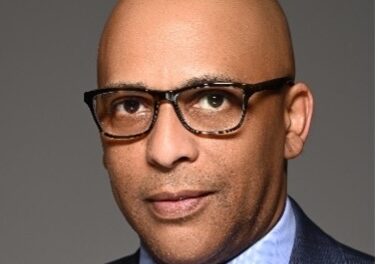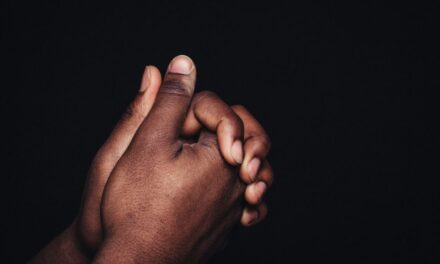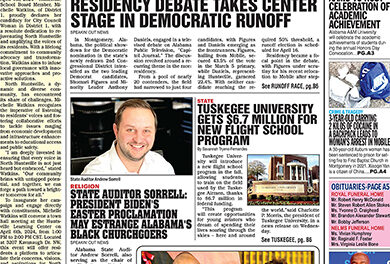
By
Enrollment in public schools has been steady for years, but a variety of factors have caused that number to start falling. The first, of course, is the ongoing COVID-19 pandemic.
Between schools transitioning to virtual classes and then the subsequent return to in-person classes with or without mask and vaccine mandates, parents have found alternative schooling options for their children. Many families, especially highlighting a rising trend among Black families, have turned to homeschooling.
“The home-schooling numbers show that parents see that our education system doesn’t meet a certain need and they have the desire to cater education how they see fit in their households,” Dr. Carlene Reid, a Ward 8 SBOE Representative in Washington, DC, told the Washington Informer.
A drop in enrollment can have lasting effects. In Washington state, the Seattle Public School District reported 1,300 fewer students at the start of the 2021-2022 school year. This will take about $28 million out of their funding from the state for the 2022-2023 school year.
“Even in a situation where you get across-the-board cuts, the impact and the pain from those cuts are felt most deeply by the schools and kids who need the help the most,” Michael Leachman, vice president for state fiscal policy at the Center on Budget and Policy Priorities, said in a January webinar.

In projections for the 2021-2022 school year, educationdata.org predicted that the 7.6 million Black students enrolled in public school will be a 0.2% decline from the previous year. Both American Indian/Alaska Native and white students are projected to have a larger decline.
With turns to homeschooling and other forms of schooling, Black parents have had more of a say in their children’s education. Whether through specially crafted online curriculums or creating some of their own, parents are able to teach their children aspects of history that aren’t traditionally taught in public school.

On top of that, Black students face additional challenges at school. They are suspended and referred to law enforcement at higher rates than their classmates, and often face unequal punishment. Many studies during the pandemic have shown that the pandemic is taking a toll on mental health in the Black community.
“The pandemic exacerbated feelings of nonbelonging and not-mattering; already tenuous relationships between schools and Black boys became more frayed,” Roderick L. Carey, a professor at the University of Delaware and creator of The Black Boy Mattering Project, told Chalkbeat. “We can use COVID as a miraculous opportunity to change schools for the better.”
When the United States went into lockdown in March 2020, there was speculation that the country would have another baby boom, as people wouldn’t have much else to do while stuck in their homes. This turned out not only to be not true, but the opposite: birth rates in the United States have been declining annually since 2014.
Before the pandemic, the poor state of the economy and societal changes of having smaller families and starting them later were already having an impact on the birth rate in this country. In addition to leading to lower school enrollments, a declining birth rate will be felt across all facets of society.
“The fact that it’s coming on the heels of a lengthy ongoing decline in births exacerbates its impacts,” Phillip Levine, a professor of economics at Wellesley College, told CNN. In reality, it’s not the 300,000 fewer births once , it’s the hundreds of thousands of fewer births every year that’s likely to have substantial impacts on society.”
Help us Continue to tell OUR Story and join the AFRO family as a member – subscribers are now members! Join here!
The post #WordinBlack: Plateaued public school enrollment will likely fall due to COVID appeared first on AFRO American Newspapers .












